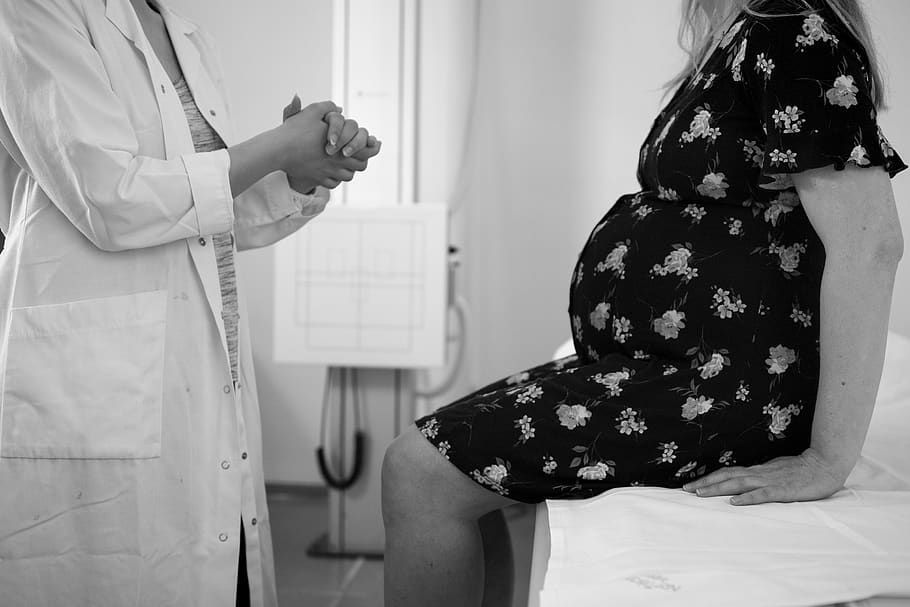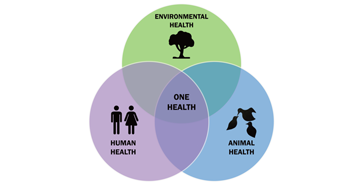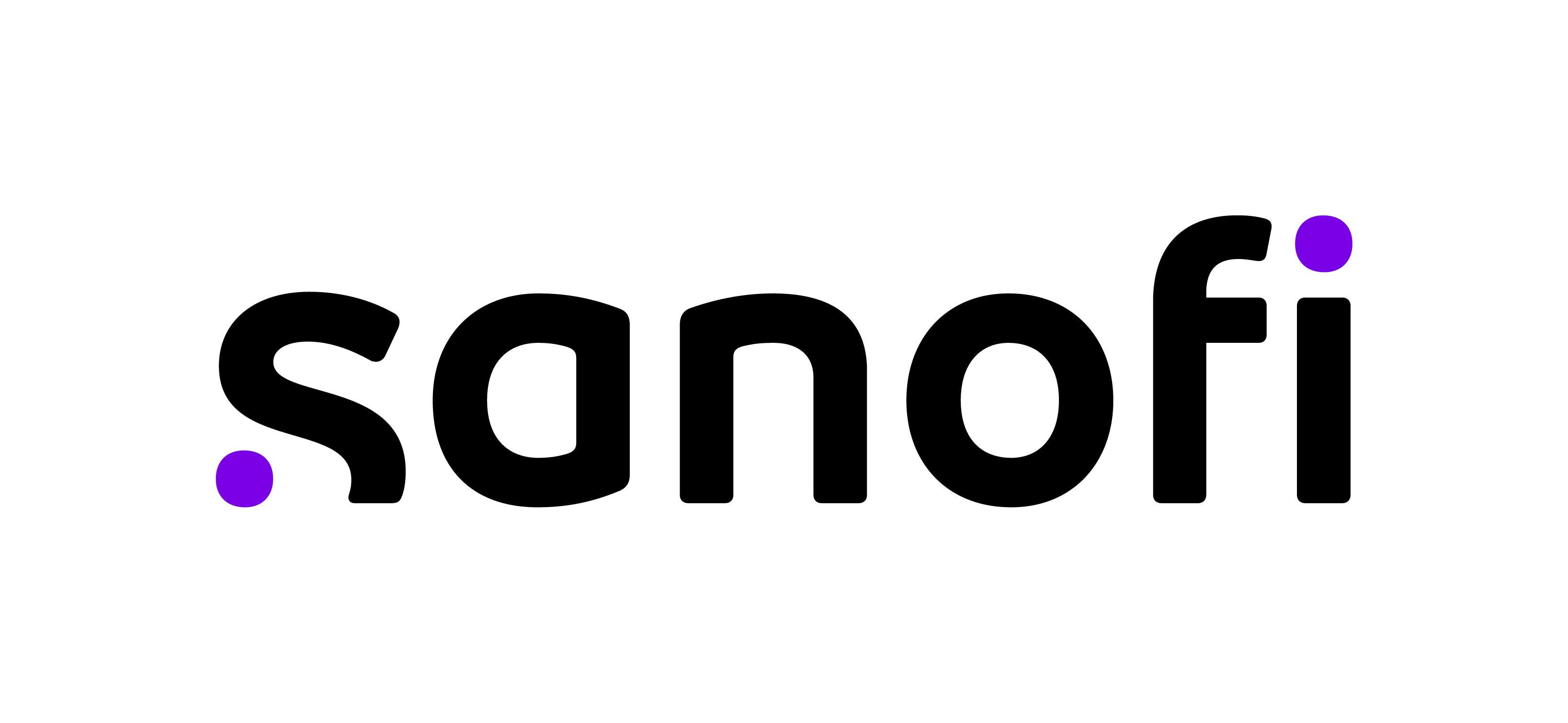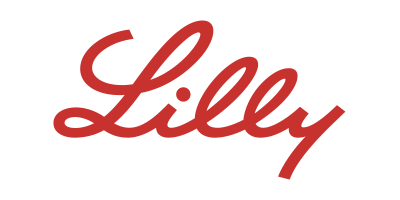The 340B Drug Discount Program is in the spotlight with the release of a new report from the Government Accountability Office (GAO) calling attention to oversight of the program designed to help vulnerable patients gain access to affordable prescription drugs.
As the findings show, the program, which is administered by the Health Resources & Services Administration (HRSA), does not “provide reasonable assurance” that participating hospitals meet eligibility requirements. Specifically, the GAO identified that:
- Contract Review Oversight Lacks Clarity and Transparency: GAO found that proper oversight of contract review for documents submitted by participating hospitals lacks significantly. The report reviewed contract documentation for more than 200 non-governmental hospitals that were under contract with state and local governments to provide health care services to low-income patients, the criteria by which they gained eligibility for the program. However, “[l]ess than one-third of the contracts … reviewed defined ‘low-income’ or included detailed requirements for the amount or type of services to be provided.”
- Assessment of Self-Reported Data Not Always Reliable: GAO reports that the agency overseeing the 340B program uses self-reported data to determine whether hospitals operate as nonprofit, proprietary, or as governmental institutions. However, the agency “has not independently evaluated the reliability” of the data they use. Without ensuring that the information used to determine a hospital’s nonprofit status is reliable creates “a risk that for-profit hospitals could receive discounted pricing for which they are not eligible.”
- Reliance on Hospitals’ Self-Attestations to Confirm Existence of Contracts is Risky: Hospitals participating in 340B are required by law to have proper contracts in place with a state or local government, yet GAO found that 18 hospitals of those under review “submitted documents that did not appear to meet this common definition of a contract.”
This GAO report is just the latest example in a growing list of concerns that the program has expanded well beyond the intent of Congress, is poorly managed, and is susceptible to abuse.
- Recent studies have confirmed that while the program is growing exponentially and eligible hospitals are supposed to be using 340B savings toward charity care services, the amount of charity care in many hospitals is declining. Further, more than one-third of 340B-enrolled hospitals provide charity care at a rate of less than 1% of total patient costs.
- A February 2018 study in the New England Journal of Medicine found that “financial gains for hospitals have not been associated with clear evidence of expanded care or lower mortality among low-income patients;
- A report from the House Energy and Commerce Committee “identified several weaknesses in program administration and oversight.” Their findings suggested that audits performed by HRSA found high levels of noncompliance with program requirements and a troubling lack of oversight preventing “significant and growing” duplicate discounts.
- Evidence shows that the 340B program provides perverse incentives for hospital to acquire community oncology clinics so that they may generate increased 340B revenues – a trend that was examined by the Atlanta Journal-Constitution; and
- And an additional GAO report confirms that abuse within the program is rampant, with contract pharmacies (including pharmacies that are part of large publicly-traded chains) profiting handsomely from the provision of discounted 340B drugs to low-income, uninsured patients being served by 340B health care entities.
But the news isn’t all bad. The Centers for Medicare and Medicaid Services (CMS) recently posted an “Informational Bulletin” for state Medicaid programs which outlines ways to avoid duplicate discounts in the program. The notice reaffirms that states are required to have in place a mechanism to exclude 340B utilization from data submitted to the state for the purposes of rebates. The notice also offers various ways in which 340B utilization can be identified by insurance providers, including claims identifiers, and discusses ways in which states can address the difficulty in contract pharmacy claims with respect to Medicaid. For a program that has lost its way, this is an encouraging step in the right direction.
While participating hospitals claim to support “a thoughtful conversation about the transparency of the 340B program,” they have consistently opposed all efforts to introduce any accountability for how they use program savings. It’s time for Congress to step in and take action to refocus the program to its original intent, to provide low-income, uninsured, and underinsured patients access to medicines— instead of boosting hospital profits at the expense of those in need.
To learn more, click here.





.jpeg?itok=ByJuBfy-)














.png)


